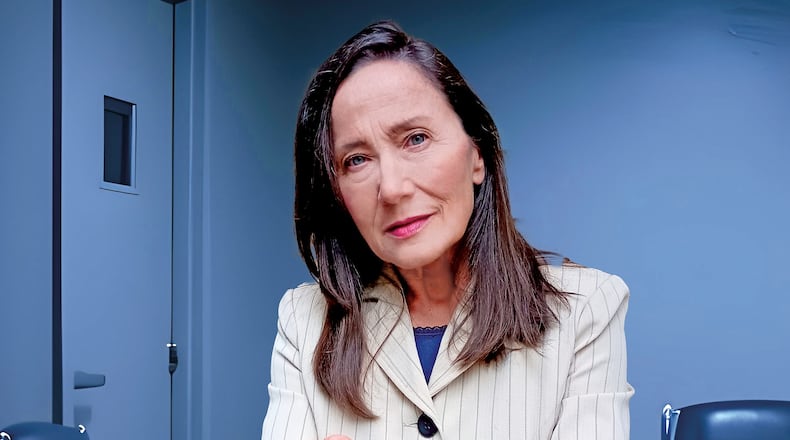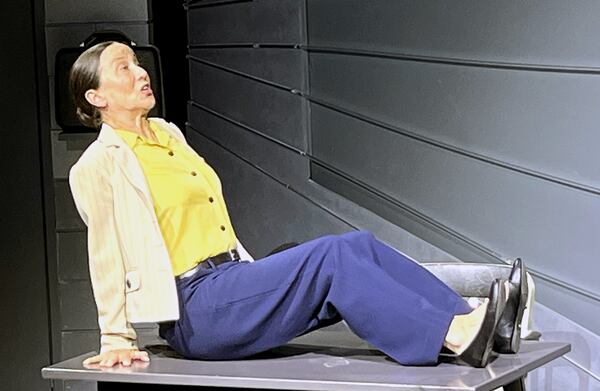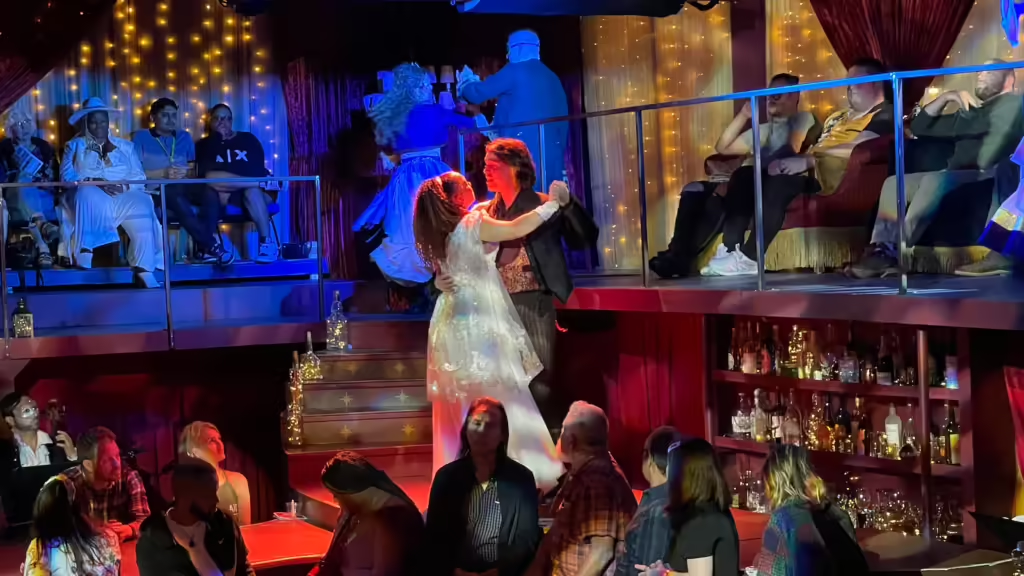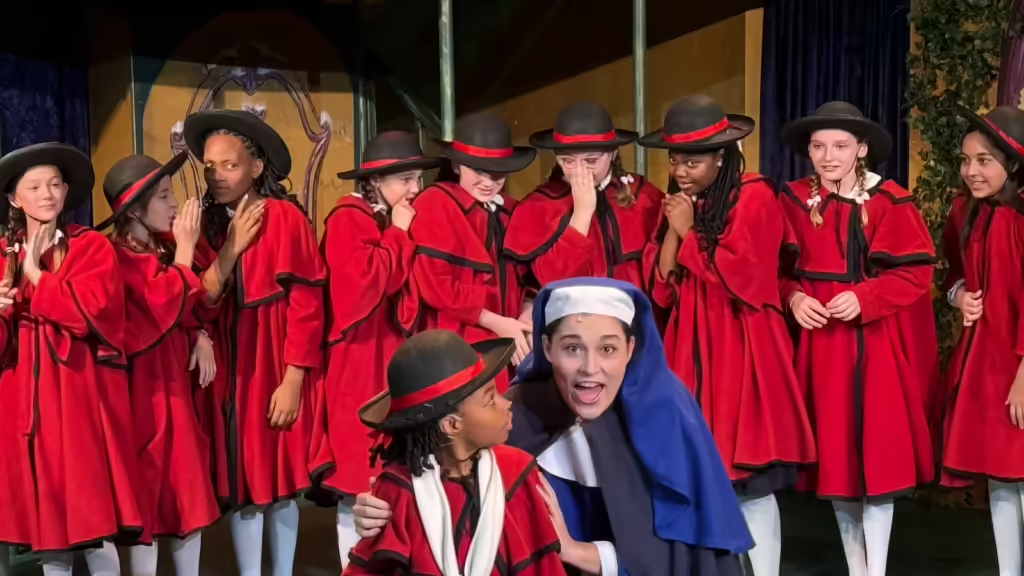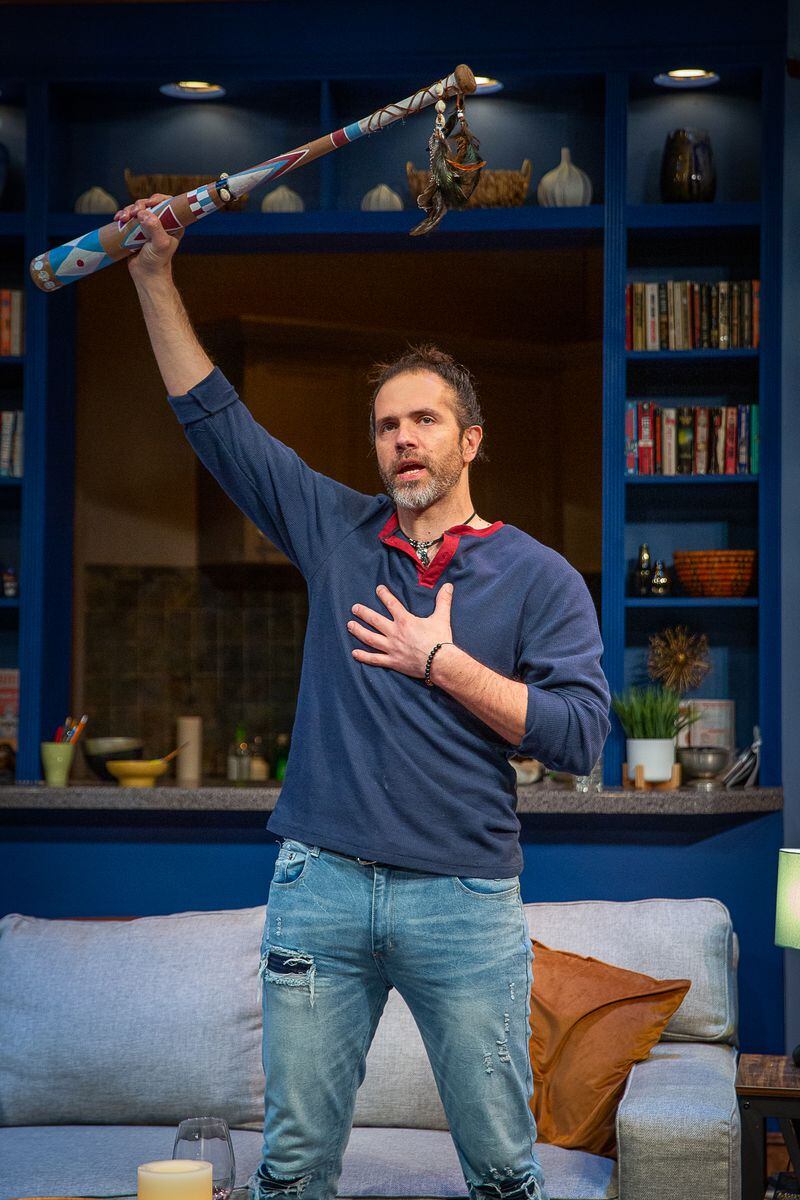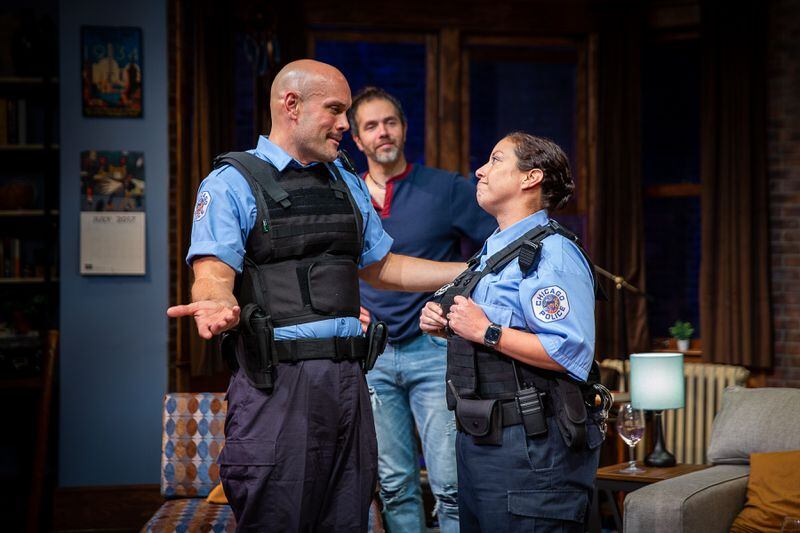Horizon Theatre plans to mount a fundraising campaign to replace the lost funds.
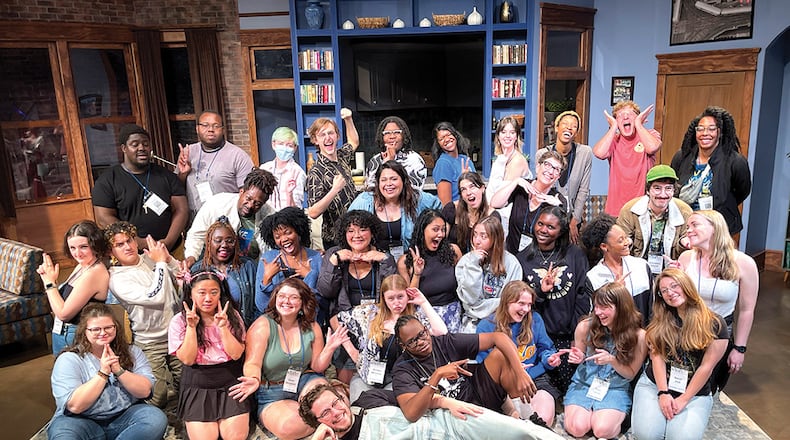
A group of young playwrights celebrate at a previous year’s “New South Young Playwrights Festival.” The annual festival at Horizon Theatre has traditionally received NEA grant funds. In November, Horizon was awarded a $20,000 grant for the June 2025 festival, but received a letter Friday that the grant has been canceled. (Courtesy of Horizon Theatre)
By Danielle Charbonneau
May 3, 2025
Just after 8 p.m. Friday, Lisa Adler, co-founder of Horizon Theatre Company, received an email, alerting her that Horizon would not be receiving a $30,000 National Endowment for the Arts grant that had been awarded in November 2024 for a festival happening next month.
The grant had been awarded to fund the theater’s June 1-7 “New South Young Playwright’s Festival,” which for years has received NEA grants. The program fosters the development of the next generation of playwrights and screenwriters.
The email came hours after President Donald Trump proposed eliminating the NEA entirely in his next budget. Arts grants have been uncertain since Trump took office Jan. 20. The administration also recently cut grants for the National Endowment for the Humanities and the Institute of Museum and Library Services.
The May 2 letter reads: “The NEA is updating its grantmaking policy priorities to focus funding on projects that reflect the nation’s rich artistic heritage and creativity as prioritized by the President. Consequently, we are terminating awards that fall outside these new priorities.”
In years past, Adler said, the theater received the funds in January or February. For the past several months, Adler grew concerned as the awarded funds were frozen “in review.”
She said via email she had inquired with the theater’s NEA grant officer several times about when they could expect the funds.
Friday afternoon, Adler spoke to an NEA staff officer that still had no information. Then, a few hours later, Adler received the letter.
Horizon Theatre had already purchased airline tickets for visiting teachers and students, reserved housing and were deep into planning for next month’s event.
The letter said arts organizations could appeal the NEA determination within seven days of the notice if they believe their project meets one of the agency’s new priorities.
Explore
Trump signs executive order directing federal funding cuts to PBS and NPR
Those priorities are listed as: “projects that elevate the Nation’s HBCUs and Hispanic Serving Institutions, celebrate the 250th anniversary of American independence, foster AI competency, empower houses of worship to serve communities, assist with disaster recovery, foster skilled trade jobs, make America healthy again, support the military and veterans, support Tribal communities, make the District of Columbia safe and beautiful, and support the economic development of Asian American communities.”
Adler said Horizon Theatre will appeal on the grounds that New South Young Playwright’s Festival “fosters a skilled job trade.”
“I suspect that will not be successful,” Adler said via email.
Horizon Theatre plans to mount a fundraising campaign to replace the lost funds and tap into the organization’s operating reserve to avoid canceling the program next month.
Many arts organization might not have operating reserves to cover NEA grant losses.
According to a recent survey conducted by Arts Capital, a coalition of arts organizations that formed in response to critical funding issues, of 173 out of 210 nonprofits surveyed in 11 metro Atlanta counties, 40% of arts nonprofits have zero operating reserves.
Another 40% only have reserves of less than six months of operating expenses. And of those surveyed, more than 20% rely on government funds as their largest source of income.
For 2025, the NEA awarded 26 grants directly to Georgia arts organizations totaling $557,500. Atlanta area organizations awarded included Atlanta Ballet; Atlanta Opera; Callanwolde Foundation; Flux Projects; Fly on a Wall; Atlanta Film Society; Marcus Jewish Community Center of Atlanta; Woodruff Arts Center; Southeast Community Cultural Center; Witness Change; and Paint Love.
Explore
Georgia arts advocates mobilize in response to multiple budget blows
It is unclear yet how many have been canceled. The Atlanta Journal-Constitution has confirmed that a $10,000 grant to ArtsXchange Southeast Community Cultural Center that would have funded part of its artist in residency program has been canceled, as well as a $10,000 grant that had been awarded to Fly on a Wall for a free dance program for low-income families.
The NEA’s decision to cancel previously awarded grants comes on the heels of two other major blows to public arts funding: Fulton County slashing its arts budget in half and the loss of COVID-19 relief funds which had been providing roughly 60% of the state’s available public funds for arts organizations for the past three years.
This story will be updated as new information is received.



